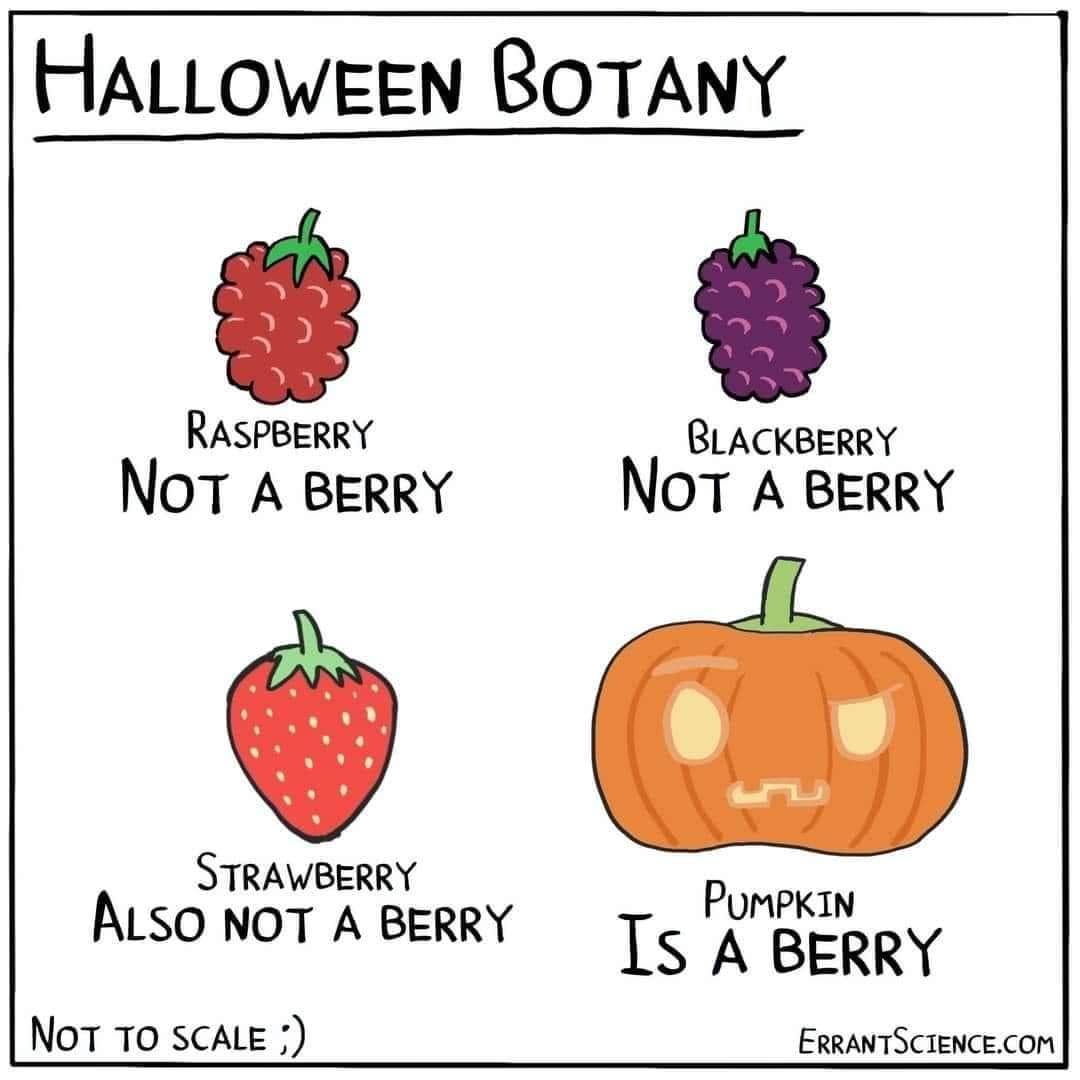this post was submitted on 11 Oct 2024
443 points (97.8% liked)
Science Memes
10587 readers
2588 users here now
Welcome to c/science_memes @ Mander.xyz!
A place for majestic STEMLORD peacocking, as well as memes about the realities of working in a lab.

Rules
- Don't throw mud. Behave like an intellectual and remember the human.
- Keep it rooted (on topic).
- No spam.
- Infographics welcome, get schooled.
Research Committee
Other Mander Communities
Science and Research
Biology and Life Sciences
- !abiogenesis@mander.xyz
- !animal-behavior@mander.xyz
- !anthropology@mander.xyz
- !arachnology@mander.xyz
- !balconygardening@slrpnk.net
- !biodiversity@mander.xyz
- !biology@mander.xyz
- !biophysics@mander.xyz
- !botany@mander.xyz
- !ecology@mander.xyz
- !entomology@mander.xyz
- !fermentation@mander.xyz
- !herpetology@mander.xyz
- !houseplants@mander.xyz
- !medicine@mander.xyz
- !microscopy@mander.xyz
- !mycology@mander.xyz
- !nudibranchs@mander.xyz
- !nutrition@mander.xyz
- !palaeoecology@mander.xyz
- !palaeontology@mander.xyz
- !photosynthesis@mander.xyz
- !plantid@mander.xyz
- !plants@mander.xyz
- !reptiles and amphibians@mander.xyz
Physical Sciences
- !astronomy@mander.xyz
- !chemistry@mander.xyz
- !earthscience@mander.xyz
- !geography@mander.xyz
- !geospatial@mander.xyz
- !nuclear@mander.xyz
- !physics@mander.xyz
- !quantum-computing@mander.xyz
- !spectroscopy@mander.xyz
Humanities and Social Sciences
Practical and Applied Sciences
- !exercise-and sports-science@mander.xyz
- !gardening@mander.xyz
- !self sufficiency@mander.xyz
- !soilscience@slrpnk.net
- !terrariums@mander.xyz
- !timelapse@mander.xyz
Memes
Miscellaneous
founded 2 years ago
MODERATORS
you are viewing a single comment's thread
view the rest of the comments
view the rest of the comments

I appreciate the skittles reference
Is it a skittles reference or is it a reference to purple not being an actual color and thus not a part of the rainbow?
I believe it’s indigo not purple there.
the heck do you mean purple is not an actual colour??
Purple, the color directly between red and blue, is a creation of your mind interpreting a band of light that triggers your red and blue sensing nerves, but no green is sensed. The actual band of light we can see goes from red to green to blue. Purple doesn't fall between those colors, meaning it wouldn't be included in a rainbow, and isn't any "pure" light you could see, since it doesn't fall on the spectrum.
Essentially, any time you see purple, you're seeing two different frequencies of light that your mind interprets as a single frequency.
Your definition of color is based only on human perception? Is purple a color for a mantis shrimp?
Edit: I guess not in a pure sense because it's still two wavelengths of light. Perhaps a mantis shrimp can detect a totally different wavelength and sees it as "purple" or something.
Now I'm thinking about how we don't know how other humans interpret colors. Like what I see as red, you may see as blue. Ugh.
Definition I'm using is any color that can be expressed as a single wavelength of light. Purple cannot be, since it's actually two wavelengths simultaneously.
Perceiving it as a color seems more practical though. It's not like we look at "red" and think "ah yes, a single wavelength of light"
What is violet at the end of the visible spectrum, then? We call the higher wavelength stuff ultraviolet, and violet looks purple to me, so I'm having trouble reconciling this stuff with what you're saying.
Violet and purple are distinct terms here.
We call it that but our eyes see the far end frequency as a colour that only very slightly activates blue sensitive cone receptors and no others. For red sensitive cones there is a slight bump in the high end frequencies also that makes it possible for them to look violet as it activates the blue sensitive and a bit of red sensitive receptors but a much purpler purple is made by combining high and low frequencies.
https://www.researchgate.net/figure/Normalized-spectral-sensitivity-of-retinal-rod-and-cone-cells_fig7_265155524
There is evidence to show that violet does actually weakly activates red cones too. This is because the violet light starts creeping up to double the frequency of the lower end of the red sensitivity, and so it can actually successfully activate it very weakly. There are other factors that can lessen or even fully negate that effect though, it's all kind of fuzzy.